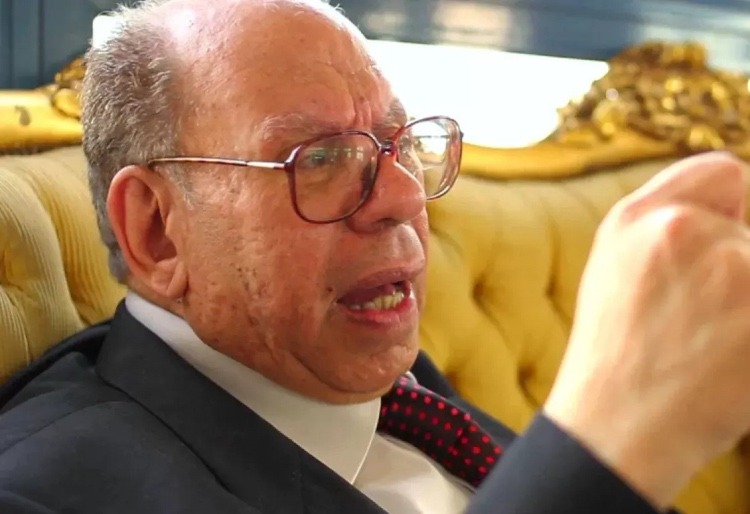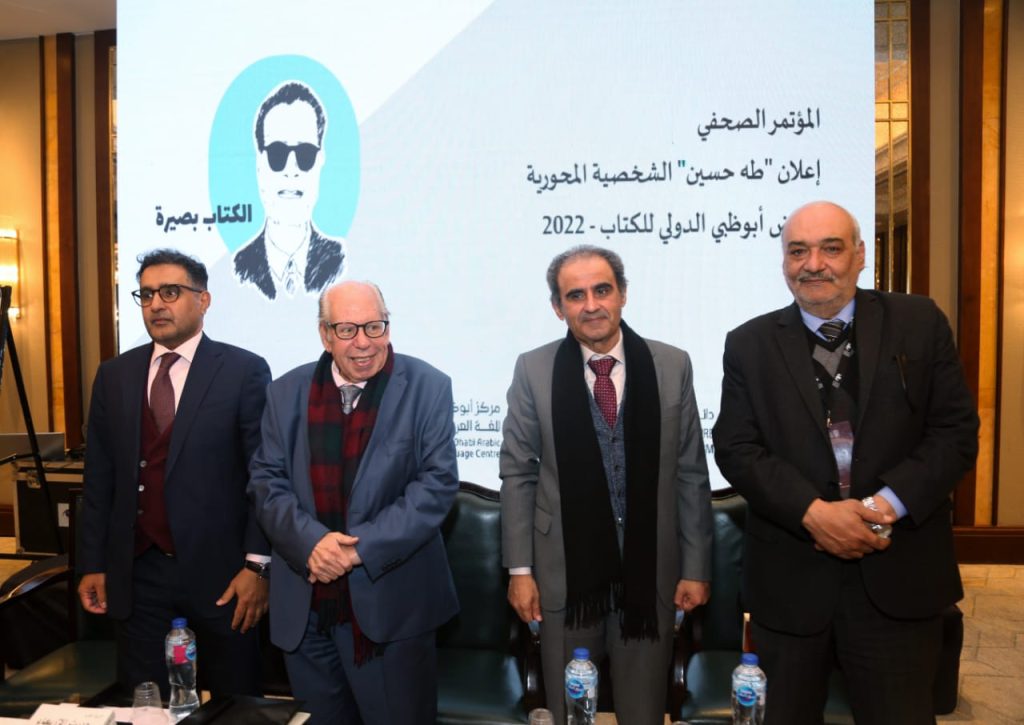Remembering Salah Fadl: Egypt’s Extraordinary Literary Critic and Translator
The renowned Egyptian literary critic Salah Fadl, who was 84 years old, passed away yesterday after a battle with illness. He was described by the Arabic Language Academy as a “major figure in Arabic and literature” and “had a march full of dedication and accomplishment as he was a literary critic well-versed in arts of Arabic literature and comparative literature.” To commemorate his long life of accomplishments, we will shed light on some of his greatest achievements throughout his career.

Early Life
Fadl was born in an Egyptian Delta village called Shabas Al Shuhadaa in March 1938 and majored in Arabic language and literature at Cairo University where he graduated in 1962. From 1962 to 1965, he was hired as a researcher at Cairo University. Fadl then sought new horizons away from Egypt as he traveled to Spain on a scholarship to earn a doctorate in literature from the Central University of Madrid.
Life Abroad
During his study period abroad, he taught Arabic literature and translation at the Faculty of Philosophy and Arts at Madrid University from 1968 to 1972. At the same time, he worked with the Supreme Council for Scientific Research in Spain on a project aiming to revive and promote the philosophical legacy of Ibn Rushd (a jurist who wrote on many subjects, including philosophy).
Fadl then returned to Egypt to become a Professor of Literature and Criticism at the Faculty of Arabic Language and Girls College at Al Azhar University. His stay in Egypt didn’t last too long as he then went to Mexico to serve as a visiting Professor at Mexico College for higher studies from 1974 to 1977. There, Fadl established an Arabic language and art department. Additionally, he taught in numerous universities in Egypt and abroad, including Bahrain, Yemen, and Mexico.
Books
The scholar was an exceptional writer who wrote numerous publications in the fields of criticism, comparative literature, theatre, novels, and poetry. Amongst his most famous works was “Medieval Spanish Poetry: A Study and Examples” (1974), “The Realistic Approach in Literary Innovation” (1978), and “Structuralist Theory in Literary Criticism” (1978). Through these publications, Fadl helped enrich Arab literature by producing books that are used as a source of knowledge today.
Just before his death, he applauded the Abu Dhabi Centre for choosing Taha Hussein as the face of the Book Fair while serving as president of the Cairo Academy of the Arabic Language. He explained that this initiative strengthens ties between Egypt and the UAE and their desire to value the two nations’ icons in various spheres of creativity and culture.

Fadl had success in a variety of disciplines before taking on the role of Egypt’s cultural attaché, where he worked to strengthen ties with the countries he visited. His legacy will remain as he contributed to the Arab world through his interesting perspectives and rich knowledge in several fields.
